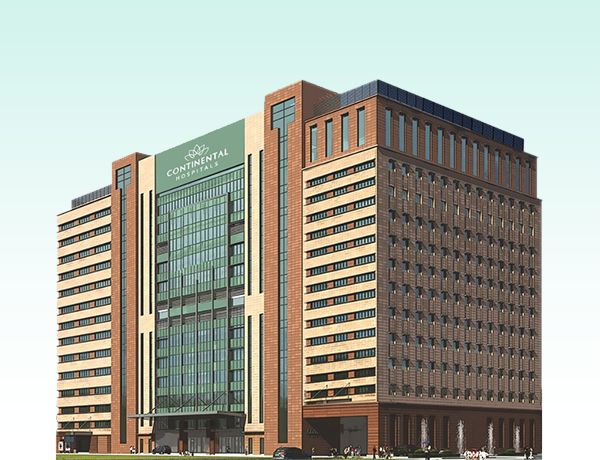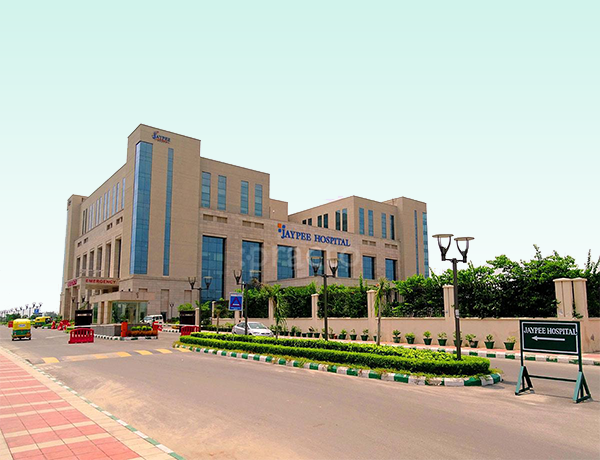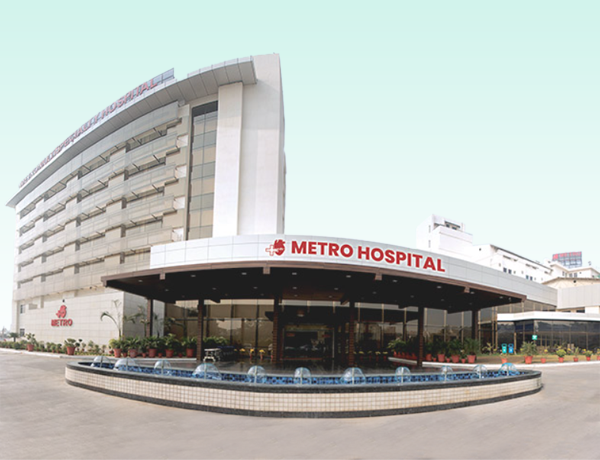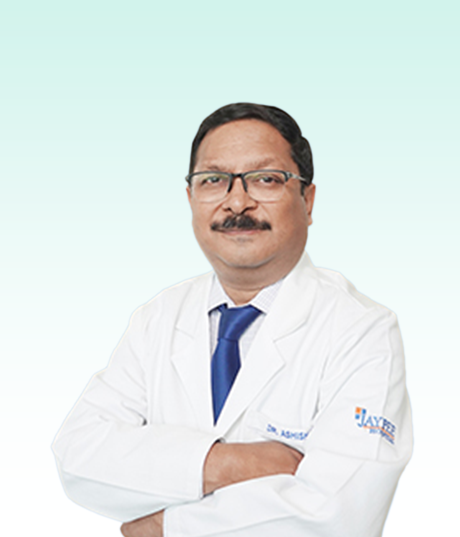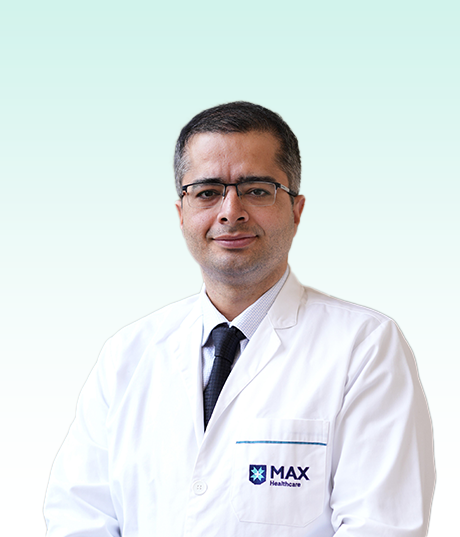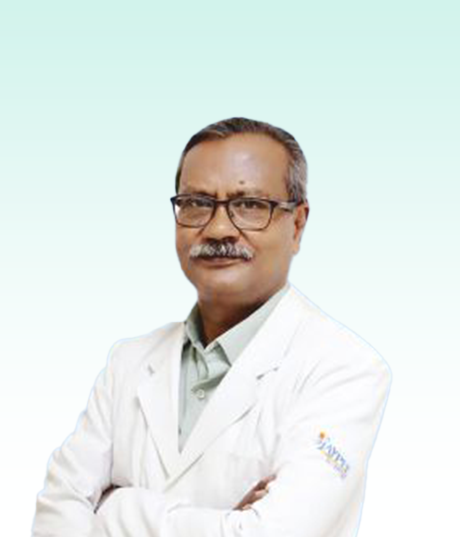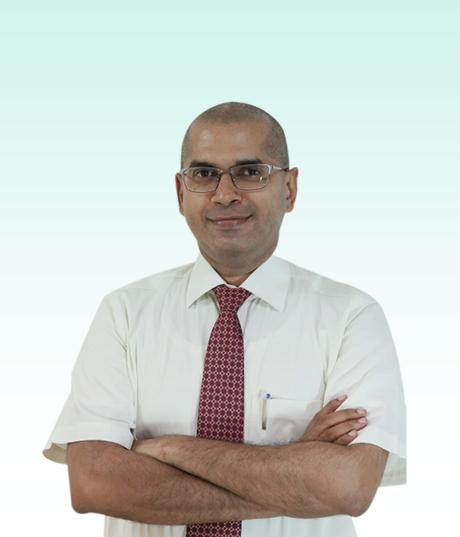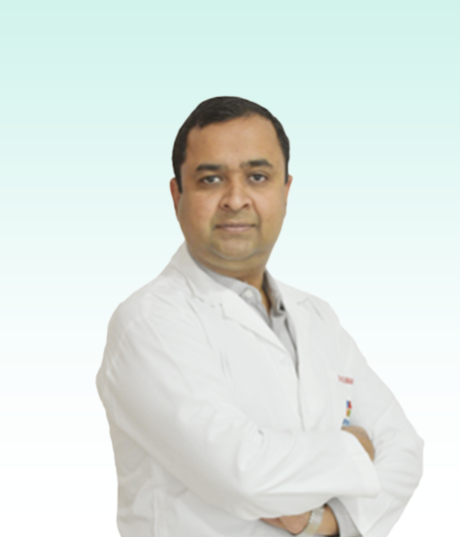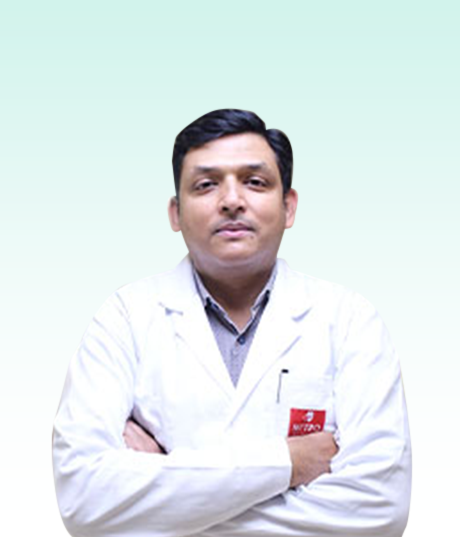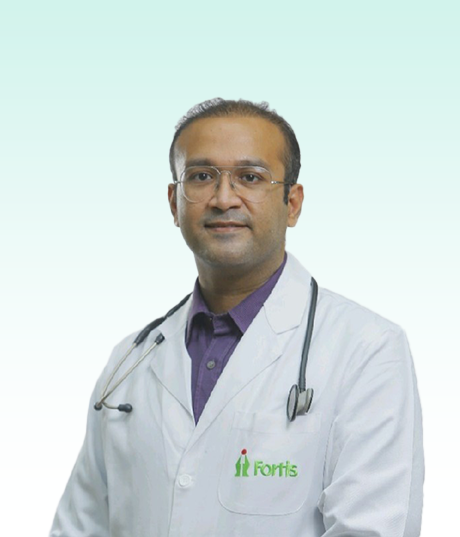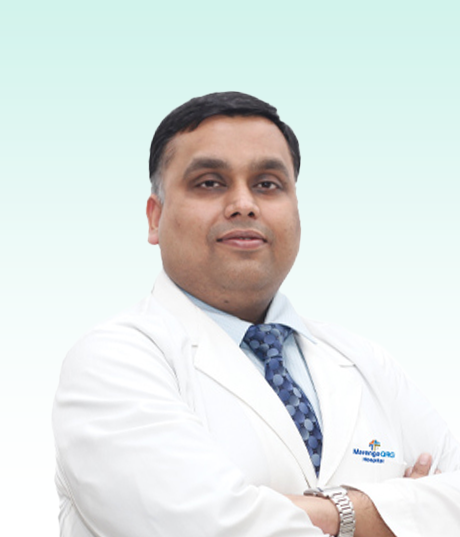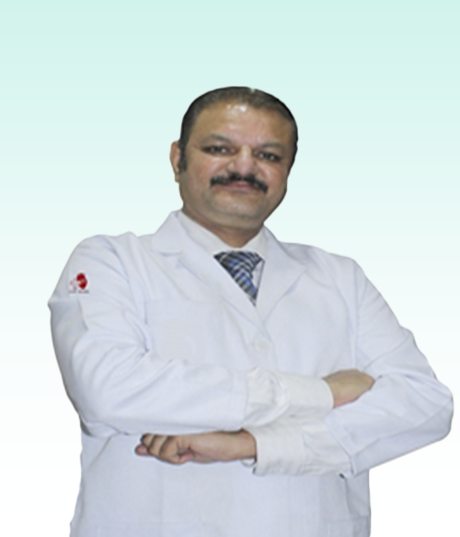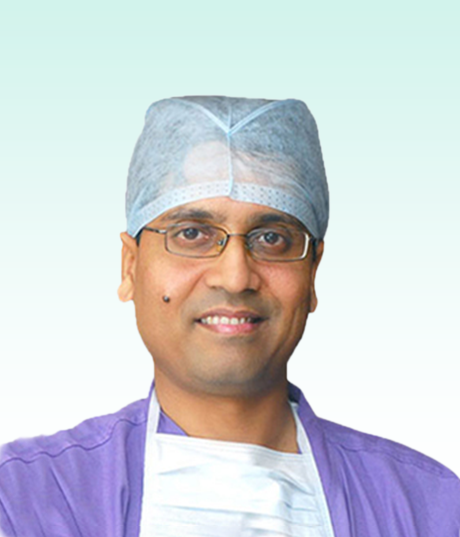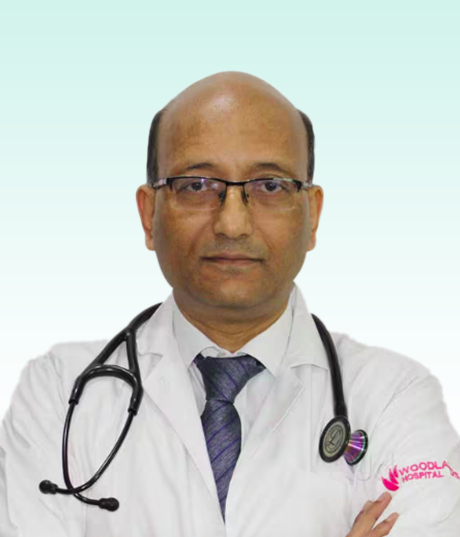Lung Cancer
Lung cancer is a type of cancer that begins in the lungs, typically in the cells lining the air passages. It is one of the most common types of cancer worldwide and is often associated with smoking. However, non-smokers can also develop lung cancer due to various factors, including exposure to secondhand smoke, environmental pollutants, or genetic predisposition.

Lung Cancer Symptoms
- Persistent cough that worsens over time
- Coughing up blood or rust-colored sputum
- Chest pain or discomfort
- Shortness of breath or wheezing
- Fatigue and weakness
- Unintentional weight loss
- Recurrent respiratory infections
Lung Cancer Causes
- Smoking tobacco, including cigarettes, cigars, or pipes
- Exposure to secondhand smoke
- Occupational exposure to carcinogens like asbestos, radon, or certain chemicals
- Family history of lung cancer
- Previous radiation therapy to the chest
Lung Cancer Diagnosis
Diagnosing lung cancer typically involves a combination of imaging tests, such as chest X-rays, CT scans, or PET scans, as well as tissue sampling through procedures like bronchoscopy, biopsy, or fine needle aspiration. Additional tests, such as blood tests and molecular testing, may be performed to determine specific genetic mutations or biomarkers.
Who needs Lung Cancer Treatment
Individuals diagnosed with lung cancer require treatment tailored to their specific condition. Treatment decisions are based on factors such as the type and stage of lung cancer, overall health, and individual preferences.
When to see a Specialist:
If you experience persistent symptoms associated with lung cancer or have risk factors such as a history of smoking or occupational exposure to carcinogens, it is crucial to consult with a specialist. They can conduct a thorough evaluation, perform the necessary tests, and recommend appropriate treatment options.
Treatment for Lung Cancer
Treatment options for lung cancer include:
- Surgery: Surgical interventions involve the removal of cancerous tissue, either through a wedge resection, lobectomy, or pneumonectomy.
- Radiation therapy: High-energy radiation is used to destroy cancer cells or shrink tumors.
- Chemotherapy: Anti-cancer drugs are administered orally or intravenously to kill cancer cells throughout the body.
- Targeted therapy: Medications specifically target cancer cells with specific genetic mutations or abnormalities.
- Immunotherapy: Drugs stimulate the immune system to recognize and attack cancer cells.
- Palliative care: Focused on relieving symptoms and improving quality of life.
Road to Recovery
Recovery from lung cancer treatment varies depending on the type and stage of cancer, as well as the chosen treatment modality. It may involve post-operative care, rehabilitation, and ongoing monitoring for potential recurrence or side effects.
Risk Management
Reducing the risk of lung cancer involves avoiding tobacco smoke, both active and passive, and minimizing exposure to environmental pollutants, such as asbestos or radon gas. Regular check-ups, early detection, and prompt treatment are crucial in managing the risks associated with lung cancer.
Benefits of Lung Cancer Treatments
- Improved survival rates: Advances in lung cancer treatment have led to improved survival rates, particularly when diagnosed at an early stage.
- Symptom control: Treatment modalities can help alleviate symptoms such as coughing, pain, and shortness of breath, enhancing overall quality of life.
- Potential for cure: In some cases, early-stage lung cancer can be cured through surgical intervention or a combination of treatments.
Frequently Asked Questions
1. Can non-smokers develop lung cancer?
Yes, although smoking is the leading cause of lung cancer, non-smokers can also develop the disease due to factors such as exposure to secondhand smoke, environmental pollutants, or genetic predisposition.
2. Is lung cancer always fatal?
While lung cancer can be a serious and life-threatening disease, advances in treatment options and early detection have significantly improved outcomes. The prognosis depends on various factors, including the stage of cancer at diagnosis and overall health.
3. Are there any lifestyle changes that can reduce the risk of lung cancer?
Yes, adopting a smoke-free lifestyle and avoiding exposure to secondhand smoke and environmental toxins can reduce the risk of developing lung cancer.
4. Are there support groups available for lung cancer patients and their families?
Yes, there are various support groups and organizations that provide resources, counseling, and emotional support to individuals affected by lung cancer and their families.
Treatment Plans
- Trauma & intensive care $59
- Aged Care $29
- Community Services $25
- Diagnosis & Investigation $48
- Medical & Surgical $82
- Mental Health $74
- Rehabitation $24
- Specialised Support Service $19
- Trauma & intensive care $59
- Aged Care $29
- Community Services $25
- Diagnosis & Investigation $48
- Medical & Surgical $82
- Mental Health $74
- Rehabitation $24
- Specialised Support Service $19
Treatians As The Best Choice
Treatians understand that seeking medical treatment abroad can be a daunting experience for patients and their families. That’s why the company offers end-to-end support to its clients, from the initial consultation to post-treatment care. The company provides personalized treatment plans that are tailored to meet the individual needs of each patient, and its team of dedicated professionals is always on hand to provide guidance and support throughout the entire process. Contact us at
+91-7982312582 , drop your email [email protected]
- Trauma & intensive care
- Aged Care
- Community Services
- Diagnosis & Investigation
- Medical & Surgical
- Mental Health
- Rehabitation
- Specialised Support Service








